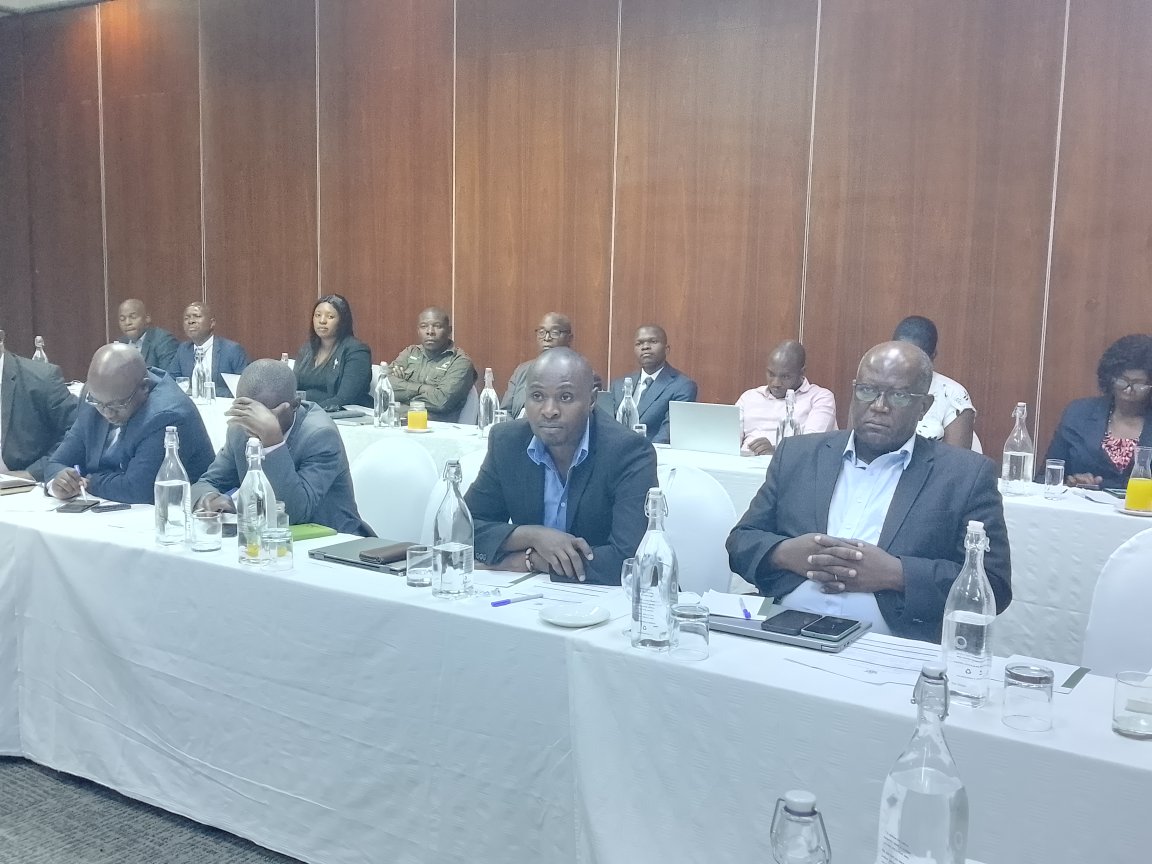|
Getting your Trinity Audio player ready…
|
A sound human capital base is the bedrock for economic prosperity and sustainable development, corporations and captains of industry attending a stakeholders consultative meeting on the role and mandate of the Ministry of Skills Audit and Development have been told.
Addressing workshop participants in Harare today, Prof Paul Mavima, the Minister of Skills Audit and Development gave examples of South Korea and Singapore as countries that have done well in terms of developing their economies through advanced technologies and healthcare delivery.
“South Korea does not grow coffee but processes a lot of coffee products that it exports to the whole world. The country does not have oil deposits but it is one of the largest exporters of oil lubricants. The same goes for Singapore. It was known as the stinking hub in the past but today it offers coveted high-end health service delivery services,” Prof Mavima said.
He urged Zimbabwean industries and universities to be on the cutting edge for developing opportunities for research and innovation.
“We need the support of the private sector to fund research and development at universities in the country. The government, working together with industry should strengthen the capacities of graduates to go into the industries and perform. There is a need to provide the appropriate infrastructure to produce skilled graduates.
“Industry should revive the apprenticeship programmes that in the past brought students from the Ordinary level directly into factories. There is a need to reduce the amount of time taken for students to acquire qualifications. We need to make sure we can produce sufficient skills to get the country to the next levels of development,” Prof Mavima said.
One of the strategies to improve industry performance is that special economic zones (SEZ) like Sunway City and Victoria Falls are provided with special incentives concerning exchange control regulations and customs duty.
According to Mawere Sibanda legal practitioners, the success of SEZs in Zimbabwe has also been challenged by the general performance of the economy which has not provided the necessary enabling operating environment for them to perform. They noted that inconsistency in policymaking and currency volatility have been stumbling blocks.
In his presentation at the workshop, Christopher Mushiwokufa, the Eastern Region Chairman of the Engineering Iron and Steel Association of Zimbabwe said there is a 93, 57% deficit in the sector. A majority of the people with such skills open home industries and are not in formal employment.
As a recommendation, he said there is a need for the involvement of social partners in technical, and vocational education training. Sustainable financing is required for skills development in the value chain. The sector requires support to ensure that it develops strong synergetic relationships with training and academic institutions.
A representative of the Ministry of Industry and Commerce bemoaned a general lack of qualified skills to produce relevant products to stimulate economic growth.
